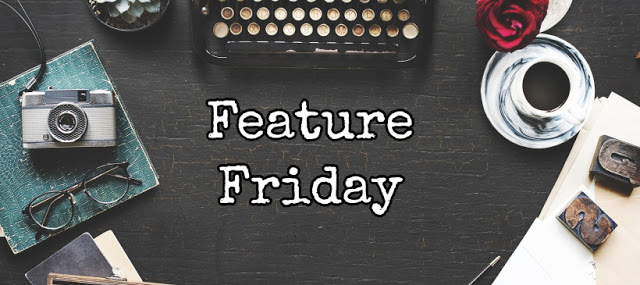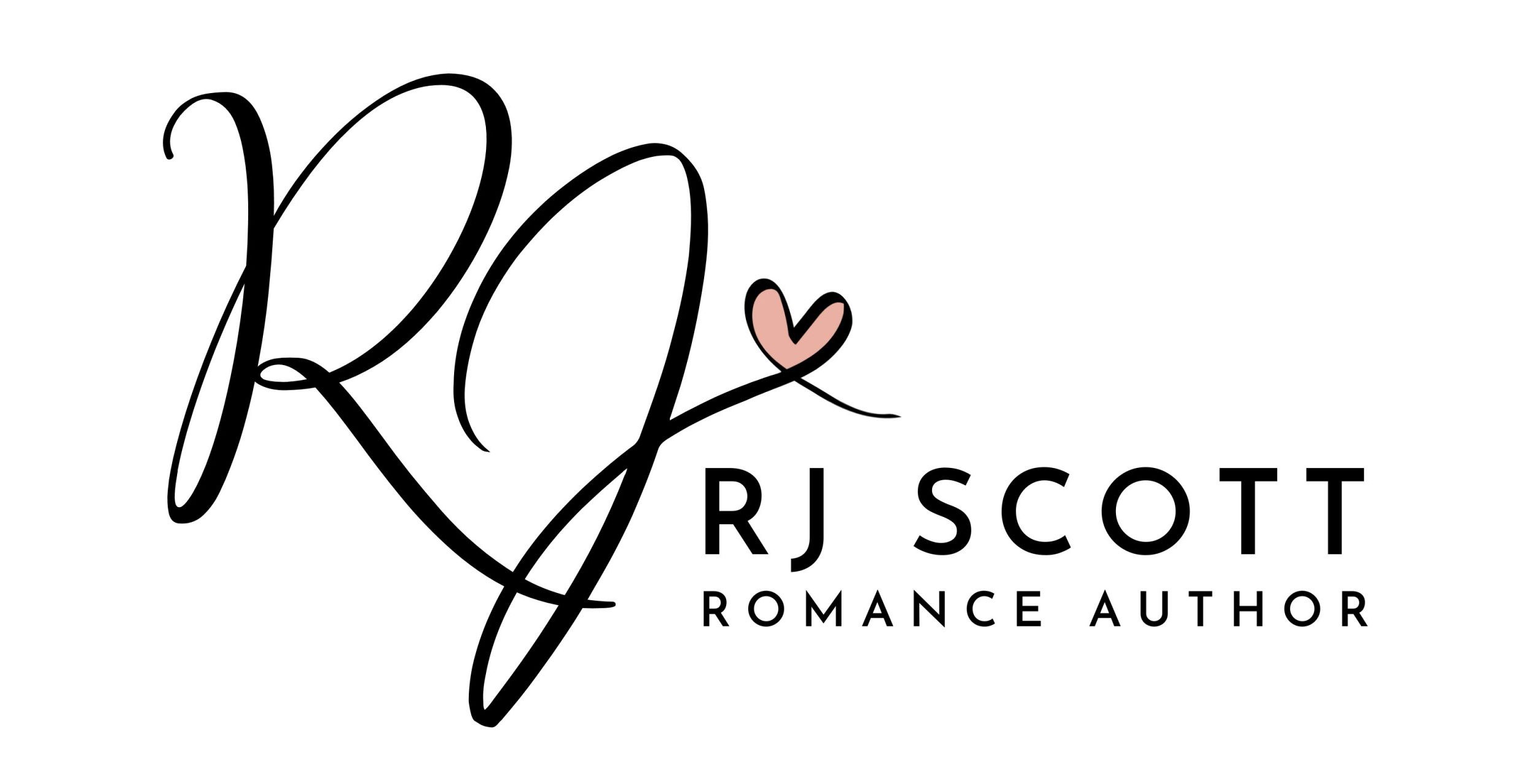
Sue Laybourn is here to talk about editing for this week’s Feature Friday. Welcome Sue…
Hug an editor today.
RJ asked if I would like to write a post about editing and editing stuff. Well, of course, I would. So here I am. Having been an editor for over 5 years, the temptation to babble is great. Instead, I’ll ask myself questions in attempt to keep verbiage at a minimum.
So, Sue. How did you get into editing? It was a complete accident. I had a couple of books published with Totally Bound and I had been out of work for a few months. A dear friend suggested that I ask Totally Bound about editing vacancies. I did. They sent me tests. I did the tests. I passed.
What does your job involve? When I get a manuscript, it’s my job to polish it and make it the best that it can be. Apart from the normal things one would expect an editor to do, e.g. spelling, grammar, highlighting repetition, pet words (we all have them—and the favourite, by a long chalk is look), dangling modifiers, etc. I make sure I respect the author’s ‘voice’. A bull rider who left high school early isn’t going to speak or think in grammatically perfect English any more than an upper-class English toff is going to throw New York cabbie slang into every conversation. Voice is what sets one author apart from another. It’s their brand. It’s what makes readers snap up their books.
What do you like best about editing? The obvious glib answer is that my commute involves rolling down the stairs. The meatier answer is that editing is also about building a working partnership with an author. When an editor works with an author over a long period of time, they learn to recognise the weak spots, and consequently, learn how to help the author fix them. It is one of the most rewarding aspects of my job—to see an author grow and develop over time. To see their writing evolve and strengthen.
What do you like least about editing? There’s nothing really. It is hard work. This was a mild bone of contention between me and my late husband. He felt that a ‘hard’ job was one that involved hours of backbreaking, physical labour. He didn’t understand that sitting at a computer and concentrating for hours at a time could be equally tiring. I also have a habit of setting myself a to-do list for the day and I tend not to stop until I’ve ticked off everything on the list, even if it feels as though my eyeballs are about to drop out and my brain is leaking through my ears.
Do you have any advice for new/ aspiring authors about working with editors? Do your research. Check your potential editor’s qualifications/experience. I don’t necessarily mean demanding to see their degree certificate (not all editors have English degrees). Have a look at books they’ve edited. Check the reviews. Read some sample pages. Talk to authors. Often the best way of finding an editor is by word of mouth. There’s a lot of us out there. If you find an editor who looks like a good fit for you, perhaps ask if they’d be happy to do a sample edit of a few pages to see if you’d work well together. Be wary. There are some charlatans out there. Really, recommendations are the best way to go.
Do you have any advice for aspiring editors? Remember that editing is a partnership. Refrain from being too dictatorial. Make suggestions rather than give orders. Be tactful, be encouraging. And, unless you can back it up with solid references, don’t talk in absolutes. Most importantly, be supportive and kind.
If you have any questions, feel free to get in touch. I’m always happy to help, offer advice, listen.
Contact details: nostoneunturned.editing@gmail.com
Facebook: https://www.facebook.com/NoStoneUnturnedEditingServices/


Leave a Reply